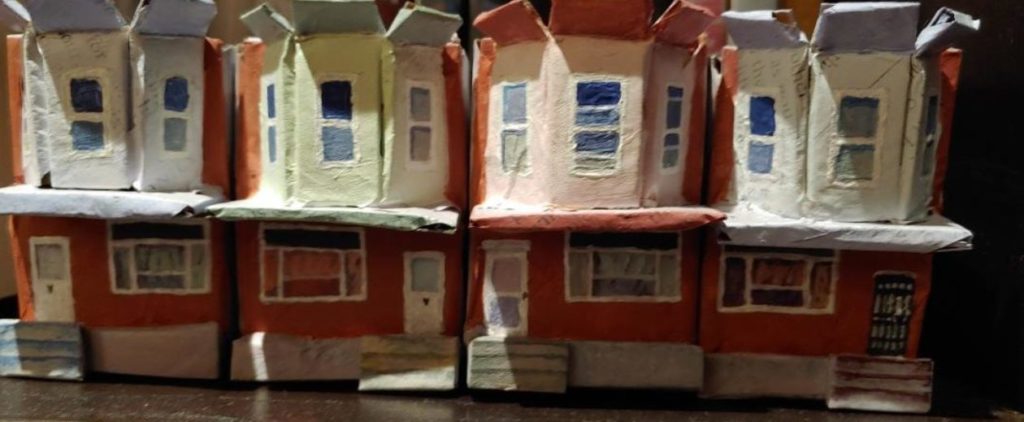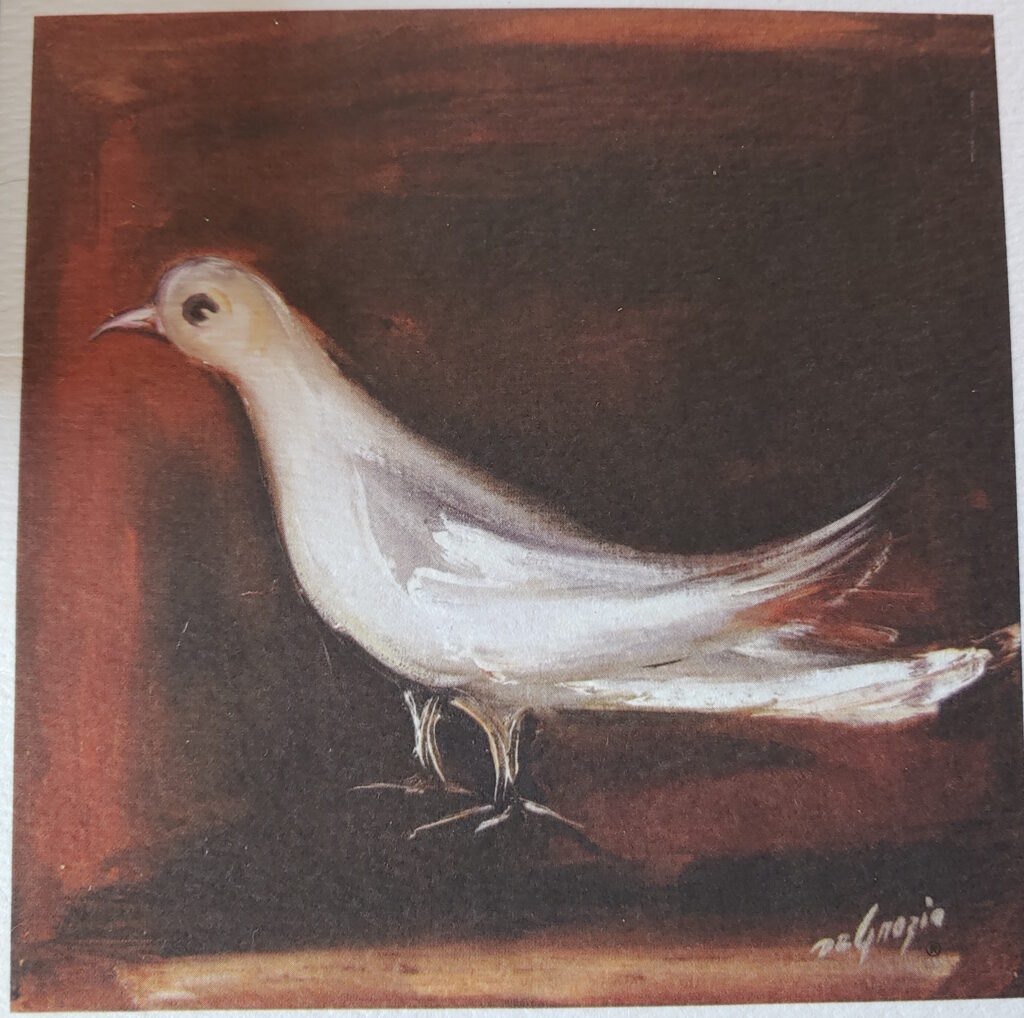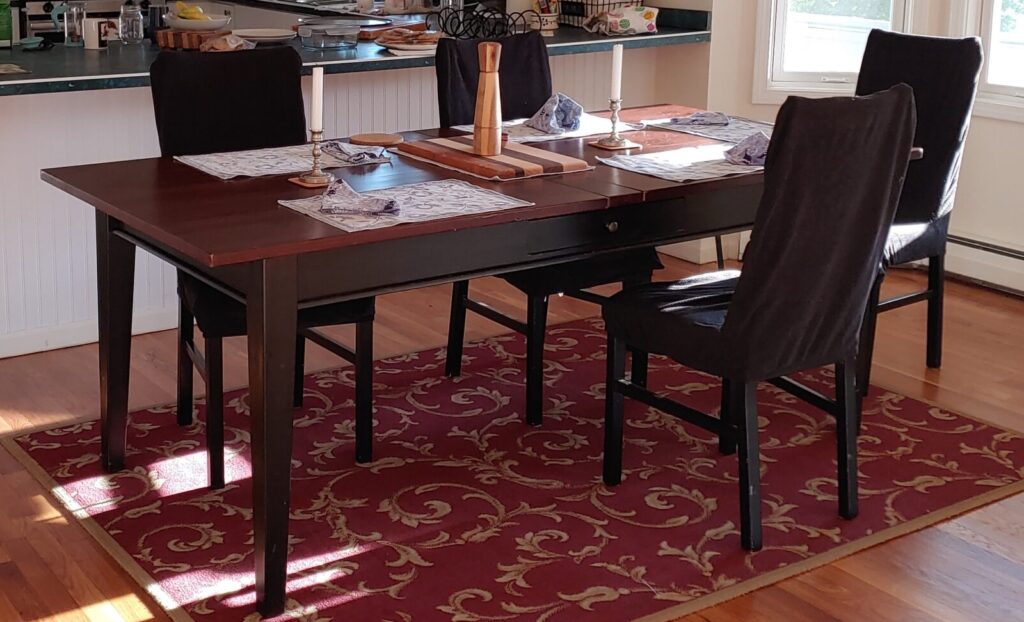But thou art the same Lord whose property is always to have mercy.
[For full prayer, click Humble Access above.]
Years ago, at the end of a delightful meal in the company and home of people I had just met, the conversation turned to the story of the neighbor across the street. At the end of a nasty divorce, the man of the house left and the woman and her two children remained. To keep up with expenses, the now single mom had brought her sister in to live with her. A few minutes were spent discussing how hard it was for single parents to make ends meet, and how important it was for children to remain in their homes when possible.
An abrupt end to the whole conversation arrived when my hostess said, “It’s too bad they’ll have to move, but it’s against the home owner’s association policy to have two heads of household in the same home. The rules protect our property values.” For her the matter was settled. There could be no exceptions to the rules, no matter how those rules might cause additional damage to an already stressful situation. Property values were at stake.
It’s easy to judge my hostess for her lack of compassion and questionable values. Still, I wonder how my own past thoughts and decisions would have been different if the property I most valued was mercy?



